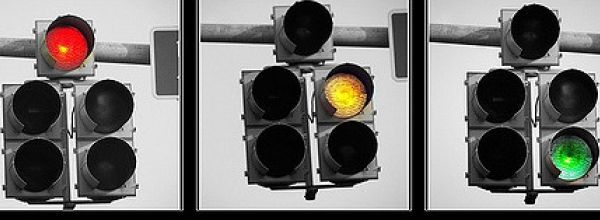Your pipettes are probably most used tools in your lab and (I’ve said it before, but it’s worth repeating) without accurate pipetting you are asking for problems with your experiments.
Pipette manufacturers quote accuracy of pipettes but the truth is that pipetting accuracy is a very personal thing. It depends not only on the condition of your pipettes but also on your own pipetting technique.
It’s a very useful exercise to periodically measure your pipetting accuracy because this error is incorporated into every pipetting action you perform in the lab.
For most experiments the error might be too small to be significant but in some cases it might be very significant – e.g. if you are using a pipette to measure out a dilution for a very sensitive technique like HPLC.
The point is this: to know whether you pipette is accurate enough for the job you want it to do, you need to know the systematic error in your own pipetting.
It’s easy to measure your pipetting accuracy – just pipette the same volume of water ten times onto a tared balance, note the weight each time. Then measure the relative standard deviation in the dispensed masses by calculating the standard deviation and expressing it as a percentage of the average. This is your pipetting error.
Repeat this for several different volumes using each of your pipettes and you’ll get a pretty good idea of your overall pipetting accuracy that you can keep in mind when deciding whether your pipetting is accurate enough for the experiment you are doing.







